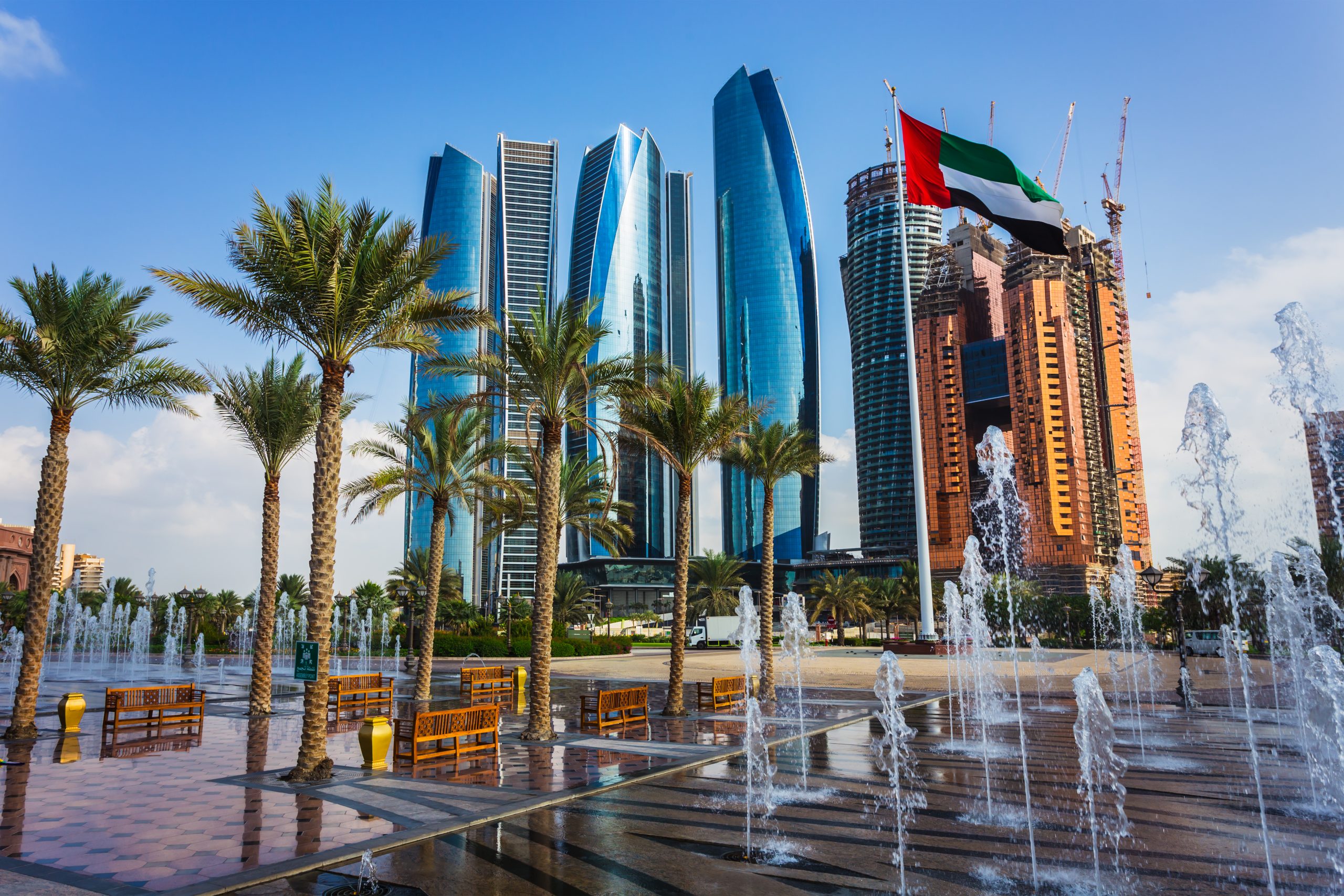The Growing Influence of the United Arab Emirates in a Complex Central Asian Region
With vast energy sources and favorable geography, Central Asia has been subject to intense rivalries between Russia, China, Iran, Turkey, and the Gulf monarchies, among others, for influence.
The energy sector has become the key prize, with natural gas being of greatest importance. Increasingly, gas is a major source of exports for the region. Central Asia accounts for about 4 percent of global energy deposits. The oil reserves in Central Asia and along the Caspian Sea coast amount to 17 to 33 bbl/d, which are comparable to that of Qatar The Gulf monarchies have been particularly active in this area in recent years, signing several memoranda and partnerships in the region. The energy giant UAE heavily invests in energy sector of the Central Asian countries to increase its own footprint in the region, bring additional investments to fragile economies, and help them to move away from the energy-based economy. Also, the UAE’s growing investments in the region give additional leverage to Dubai-based private companies operating in these countries.
The United Arab Emirates (UAE) has proven particularly successful, strengthening its ties by hosting official visits by Uzbek leader Shavkat Mirziyoyev and his Kazakh counterpart President Kassym-Jomart Tokayev. While Tajikistan has opted for closer ties with Saudi Arabia, its Persianate identity keeps it in Iran’s orbit, leading the UAE to view it as a key link to countering Tehran’s influence on its flank. Riyadh – Dushanbe cooperation strengthened in 2015 when Tajikistan received additional Saudi loans to build infrastructure. Prior to this, Dushanbe – Tehran relations were seriously damaged due to President Rahmon’s open criticism towards Iran regarding the “funding of Islamist opposition in the country.” However, the frost eased in 2019 by President Hasan Rouhani’s official visit to Dushanbe that led to further thaw between the two. Abu Dhabi has pushed for soft-power diplomacy in recent months, providing medical aid to Dushanbe in its fight against Covid-19.
Central Asia has become a key fixture in the UAE’s vision for regional connectivity. For Caspian sea littoral states Kazakhstan and Turkmenistan, the UAE sees an opportunity to utilize their ports for access to Belt and Road Initiative-linked transportation and energy corridors.
Kazakhstan has remained the key focus of UAE diplomacy, with over 200 Emirati companies operating in Central Asia’s largest economy. In addition, UAE-based companies such as the Mubadala Development Company have agreed to construct a multi-billion-dollar chemical complex in the Atyrau region. Total trade between the two countries totaled $500 million last year and grew by 10 percent between January and November 2019, while direct investments from the UAE to Kazakhstan amounted to $2.1 billion (with $1 billion invested by the UAE in Kazakhstan in turn).
As for Turkmenistan, the UAE-based Dragon Oil has been working in the country for 15 years, extracting 90,000 barrels of oil per day. In addition, Dragon Oil remains the only foreign producer that exports Turkmen oil to global markets, providing a key source of income for Ashgabat, which has been embroiled in crisis since 2015.
Outside actors like the European Union have long struggled to break the economic stranglehold posed by Russia and China in the region. The UAE may prove a more successful source of balance for Central Asia’s multi-vector oriented regimes.
Although the Central Asian region does not possess critical importance for the UAE’s national interests, it has nevertheless become a key fixture in the country’s growing rivalry with Turkey and Iran. In terms of counteracting the latter, and providing a source of leverage against Moscow and Beijing, the U.S. is likely to view the Gulf’s engagement with the region in a positive light in this author’s opinion.
But far from counteracting regional powers like China, UAE’s presence is complementary, desiring a position on the BRI. Ultimately, Central Asia acts as a conduit for the intensification of ties between the UAE and China. Nevertheless, while infrastructure remains the core interest for UAE in the short-term, sustained engagement will likely result in thicker relations, including security and defense cooperation.
Such a partnership will ultimately assist regional players like Kazakhstan and Uzbekistan in managing their relations between Russia and China, while providing a vital source of revenue for cash-strapped regimes like Turkmenistan.
Fuad Shahbazov is Senior Research Analyst at the Center for Strategic Communications in Baku, Azerbaijan.

